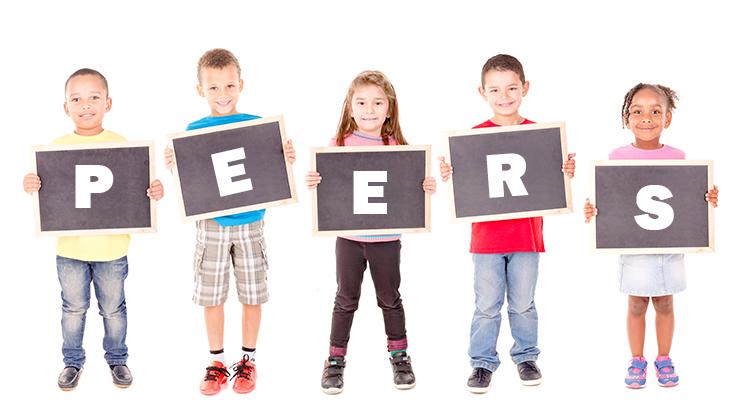PEERS Sleep Study
Project PEERS Sleep Study focuses on children's sleep and how children's sleep relates to emotions, relationships and their performance in school.
Why Sleep?
Children aged 5 to 12 need to sleep between 10-11 hours a day. Studying sleep is important because it affects multiple aspects of a child's life including their emotional, cognitive, and behavioral development not to mention their performance in school. However, many children sleep fewer hours than recommended and sleep problems occur in about 30% of children (Liu, Liu, Owens, & Kaplan, 2005).
The Study
In order to look at the relation between sleep, emotions, and academic performance, participants wore an Actigraph for 6 days and parents completed a sleep diary for each of the days the child wore the Actigraph. The sleep diary asked questions about the child's daily events, sleep patterns and bedtime activities. Lastly, we asked participants to complete a questionnaire regarding the child's sleep patterns.
What's an Actigraph?
Actigraphy has been actively used in sleep-related studies since the early 1990s. An Actigraph is an easy way to gather information about sleep. It is worn on the wrist and it looks and feels just like a wristwatch. It is a great tool to gain insight into real-world sleep/wake and daytime activity.
Resources For Parents
- Sleep Tips (.PDF)
- National Sleep Foundation
Dedicated to improving public health and safety by achieving public understanding of sleep and sleep disorders, and by supporting public education, sleep-related research, and advocacy.


